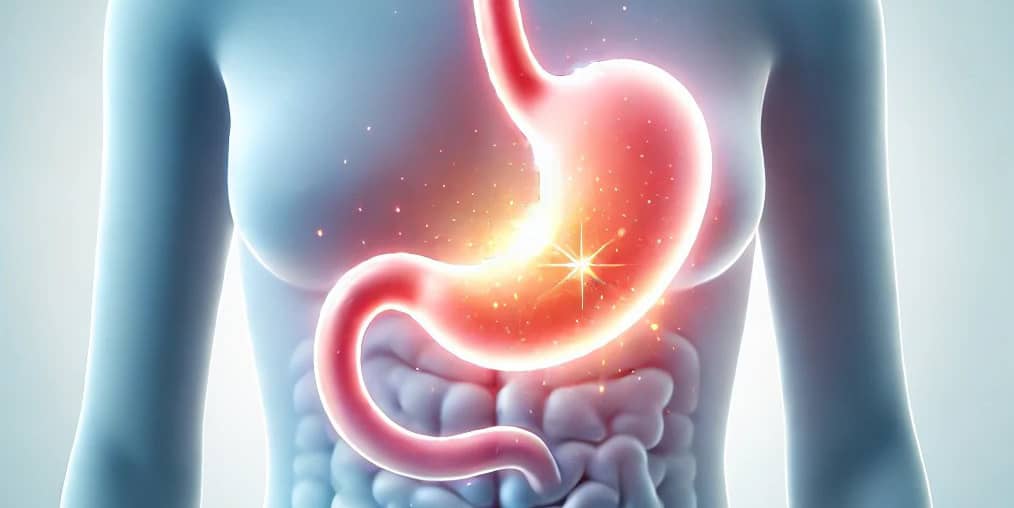Prediabetes is a warning that you are at high risk of developing type 2 diabetes, unless you change your lifestyle, eat a healthy diet, and engage in appropriate physical activity.
Prediabetes means that blood sugar levels are higher than they should be but not high enough for the person to be considered diabetic.
Usually, prediabetes has no obvious symptoms, which is why many people don’t realize it.
This shows the importance of regular check-ups to ensure your safety.
But in some cases, the symptoms of prediabetes in females appear as follows: Thirst, dark skin color in the neck, back, and armpits, skin tags, and some other signs that we will discuss in detail below.
Prediabetes and Its Risk Factors for Women
Factors that increase the risk of developing prediabetes in women are:
Age: Women over the age of 45 are more likely to develop prediabetes.
Family history of illness: Women who have first-degree relatives with type 2 diabetes.
Obesity and weight gain: especially those in which fat accumulates in the abdomen, which increases the body’s resistance to insulin.
Physical inactivity: not making daily efforts to improve metabolism.
Gestational diabetes: Diabetes that develops during pregnancy, increasing the risk of developing type 2 diabetes later in life.
Polycystic ovary syndrome: It is a hormonal disorder that is usually accompanied by cell resistance to insulin.
Race: Africans, Asians, and Latinos have a higher risk of contracting the disease than others.
Common Symptoms of Prediabetes in Females
Symptoms of prediabetes in females and males, are usually not obvious, which makes it important to have regular checkups, especially if you are at risk for type 2 diabetes.
Prediabetes symptoms may include:
- Feeling thirsty: which subsequently leads to an increase in the number of times you urinate.
- Fatigue: Feeling tired even when getting enough rest.
- Blurred vision: one of the common problems associated with diabetes.
- Dark skin: especially in the neck, back, and armpits.
- Skin tags: These are fleshy growths that usually appear on the neck and armpits. ( Echouffo-Tcheugui & Selvin , 2021)
Steps to Prevent the Progression to Diabetes
If you are suffering from Symptoms of prediabetes in females you should follow the following tips:
Reduce your weight: by setting realistic goals, such as losing 5-10% of weight, by following a healthy lifestyle.
Balanced diet: Make sure that your food is balanced and contains vegetables, fruits, legumes, low-fat meat, legumes, fatty fish, and healthy oils.
Determine daily portion sizes: Do not overeat, and avoid high-sugar drinks and starchy foods such as pasta, rice, and white bread.
Exercise: Make sure to do moderate-intensity exercise for half an hour daily.
Good sleep: is the key to a happy and healthy life.
Stress management: You should practice yoga and breathing exercises to relieve stress.
Follow-up: Carry out periodic follow-up and pay attention to doctors’ recommendations. ( Kautzky-Willer , et al., 2023)
Notes:
The normal blood sugar level in a fasting blood sugar test or two hours after eating ranges between 70 – 99 mg/dl. If this level rises to 100-125 mg/dl, this can be considered prediabetes.
The most important steps to protect yourself from diabetes is to adopt a healthy lifestyle, through balanced eating, physical activity, staying away from pollutants, good sleep, and stress management.
In addition to that, attention should be paid to medical follow-up, conducting periodic examinations, and maintaining a healthy weight.
References
Echouffo-Tcheugui , J. B., & Selvin , E. (2021). PubMed. Retrieved from Pre-Diabetes and What It Means: The Epidemiological Evidence: https://pmc.ncbi.nlm.nih.gov/articles/PMC8026645/
Kautzky-Willer , A., Leutner , M., Abrahamian , H., Frühwald , L., Hoppichler, F., Lechleitner, M., & Harreiter, J. (2023). PubMed. Retrieved from [Sex and gender-specific aspects in prediabetes and diabetes mellitus-clinical recommendations (Update 2023)] : https://pubmed.ncbi.nlm.nih.gov/37101049/








